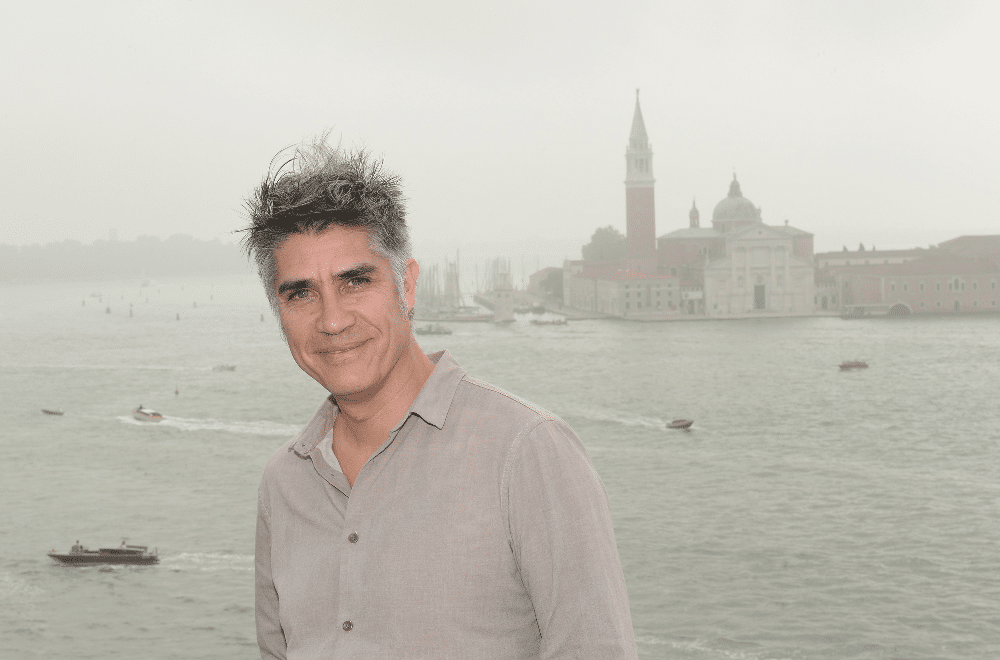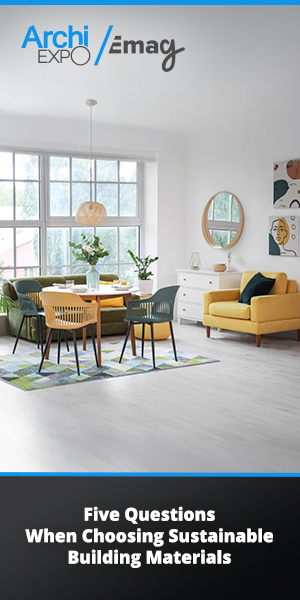Nearly 10 years ago, long before Alejandro Aravena, now 48, received the Pritzker Prize on April 4, the Chilean architect came to light with a social housing project. In a world of outstanding and excessive projects, it’s less common to win such an award for a project rooted in social consciousness. And this could be the sign of a new era in architecture.
Hired to rehome people from a slum in Iquique, Chile, Aravena and his agency, Elemental SA, built 93 houses, even though authorities had allocated a budget for only 30. The idea, inspired by the 1970s work of his countryman Fernando Castillo Velasco, was quite simple but nonetheless brilliant: Instead of delivering turnkey houses, the architect would give them a third of one, covering only basic needs, like access to tap water and one bedroom. Future extensions and upgrades that would move the homes “from social housing to middle-class dwelling,” would be undertaken by the new inhabitants.
“If somebody knows how to make the most efficient use of scarce resources, it’s poor families. They are masters in establishing priorities, and we wanted to take that wisdom into the system,” he told CNN after Thomas Pritzker handed him the trophy.
An Open Source Solution Against Poverty
Since then, his “do tank,” as he calls his agency, has completed nearly 80 projects over three continents. Aravena’s agency has built a dorm for St. Edward’s University, a school in Rancagua, Chile, and a 1,000-square-meter villa in Mongolia. The Mongolian villa was part of a project to build 100 villas, each made by a different architect. The master plan was developed and curated by Ai Weiwei.
Most recently, he curated the 15th International Architecture Biennale of Venice, entitled Report from the Front. He published four open source blueprints of incremental housing. To further his war against poverty, Aravena stated:
“By 2030 out of the 5 billion people that will be living in cities, 2 billion are going to be under the line of poverty […] from now on they are public knowledge, an open source that we hope will be able to rule out one more excuse for why markets and governments don’t move in this direction to tackle the challenge of massive rapid urbanization.”
*as pointed out by Le Monde Diplomatique, March 2016.
*http://www.elementalchile.cl/en/projects/abc-of-incremental-housing/











